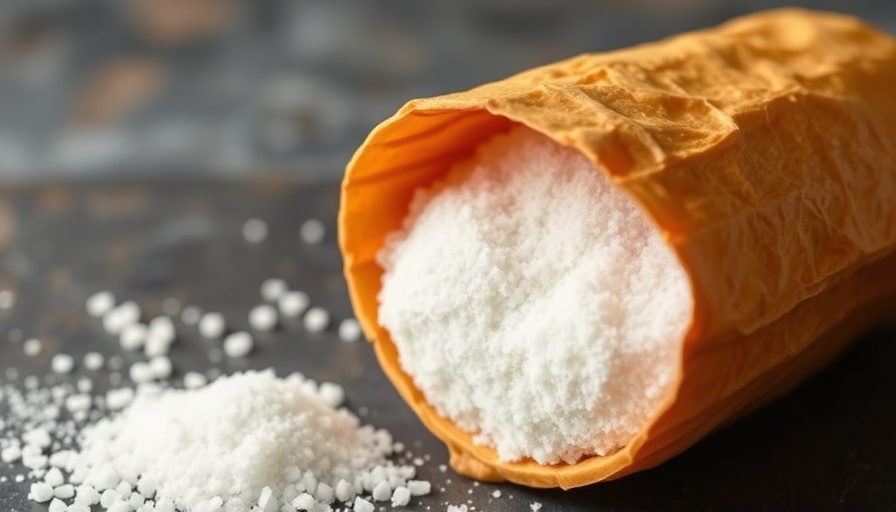
Debunking Sodium Myths: What Are the Real Facts?
Many people believe that sodium is inherently bad for your health. This perspective has been shaped by countless dietary guidelines emphasizing reduced sodium intake. But is sodium really the villain it's made out to be? In reality, sodium is an essential nutrient that plays a critical role in regulating blood pressure, supporting nerve function, and maintaining fluid balance in the body.
Finding the Balance: How Much Sodium Do You Really Need?
The key to sodium consumption lies in moderation. The American Heart Association suggests that most adults limit their sodium intake to around 2,300 milligrams per day, with an ideal target of no more than 1,500 milligrams for optimal heart health. However, individual needs can vary based on factors like age, activity level, and overall health. For example, athletes may require more sodium to replenish what they lose in sweat.
Sources of Sodium: Hidden Dangers in Everyday Foods
While many people may think they control sodium levels by avoiding table salt, the reality is much trickier. Processed foods often contain surprisingly high levels of sodium, which can lead to excessive intake without awareness. Items like canned soups, sauces, and snacks can all pack a sodium punch, making it vital to read nutrition labels to understand how much sodium you’re really consuming.
The Bottom Line: Sodium in Your Diet
So, is sodium bad for you? The answer isn’t clear-cut. What matters most is understanding your own dietary needs and the sources from which you're getting sodium. For parents, homeowners, and seniors, educating yourself on sodium's role can help make better dietary choices for you and your family. Prioritize fresh, whole foods and stay aware of processed products to maintain a balanced, health-conscious diet.
 Add Row
Add Row  Add
Add 




Write A Comment